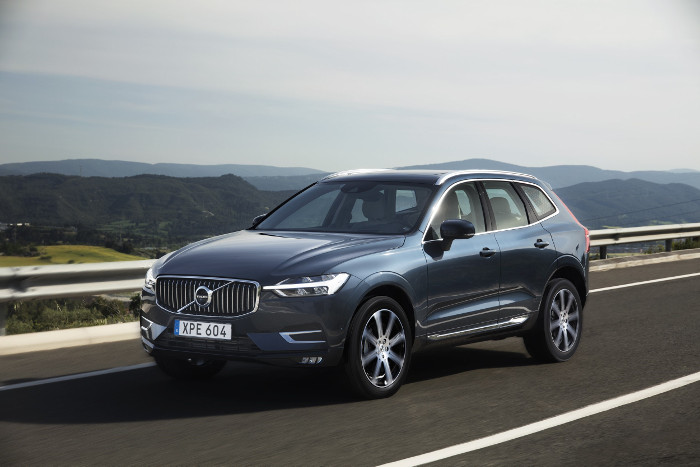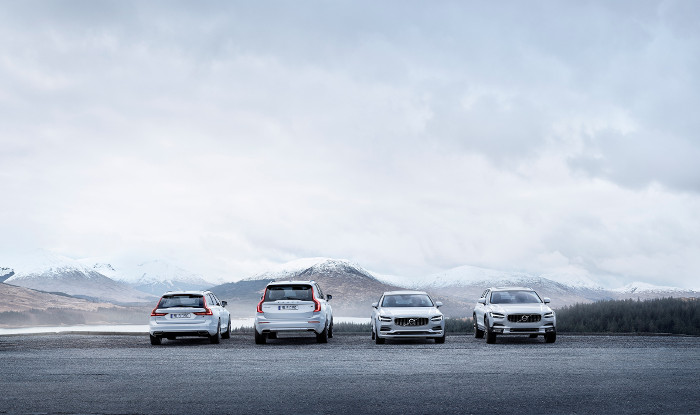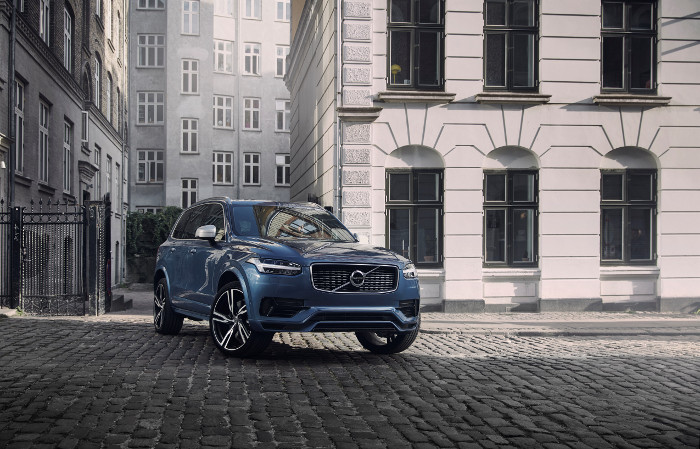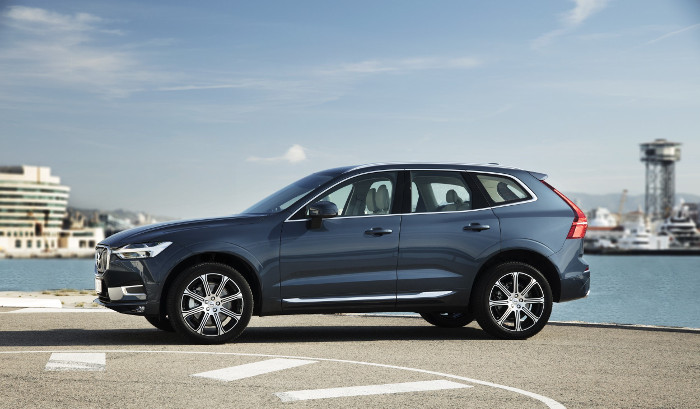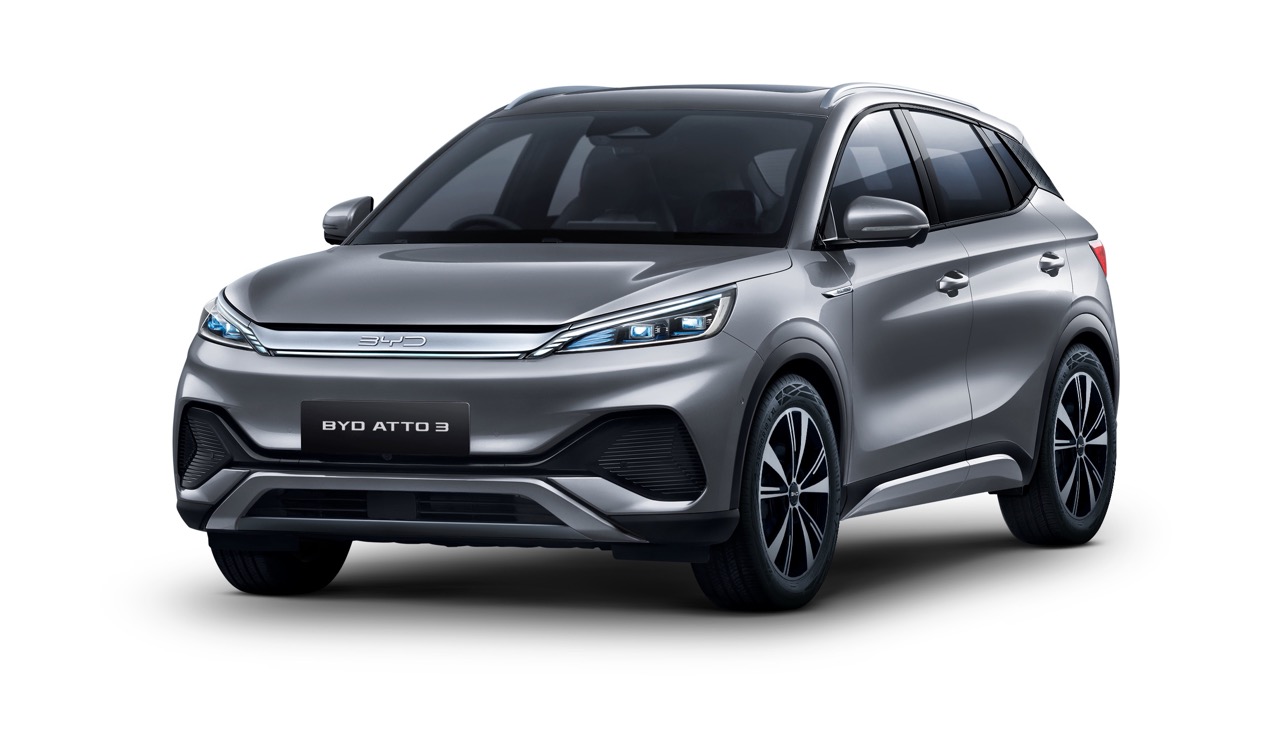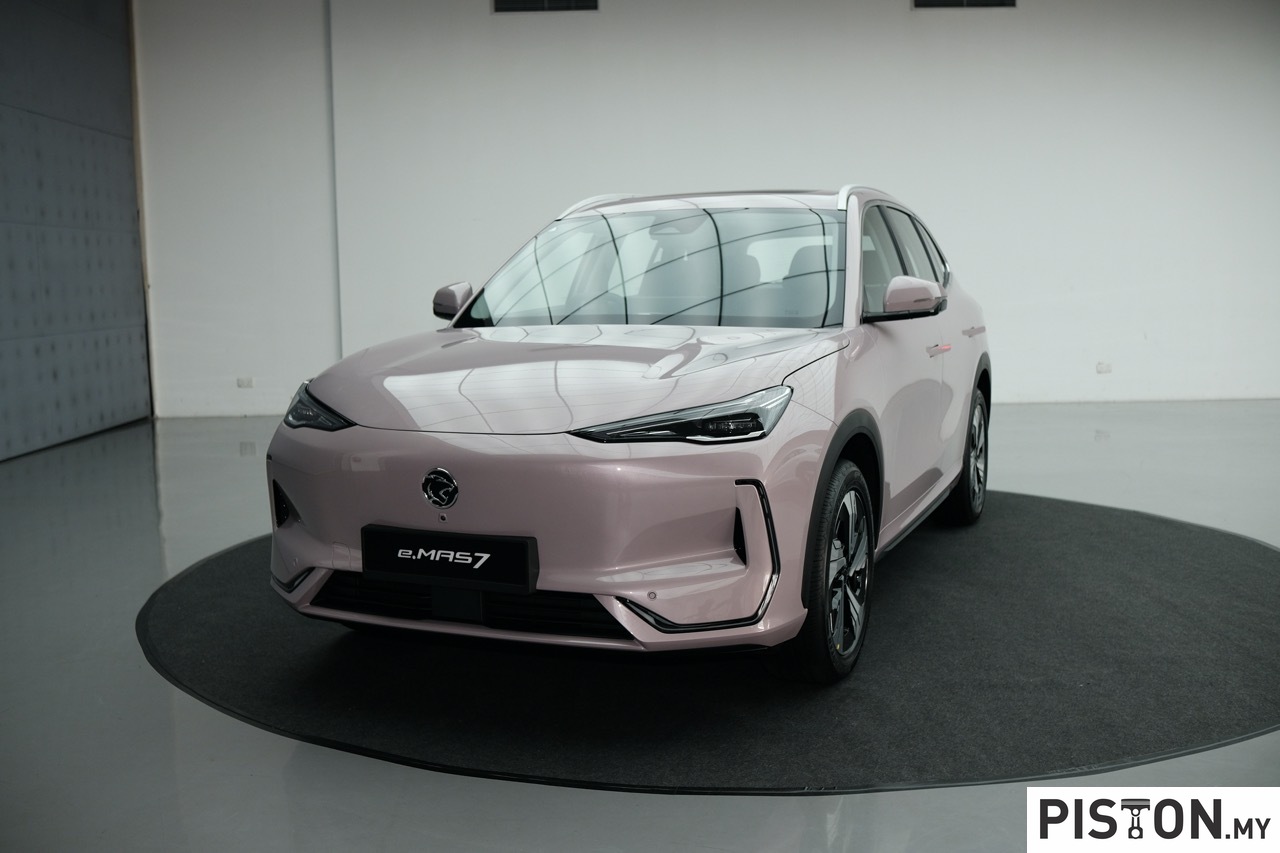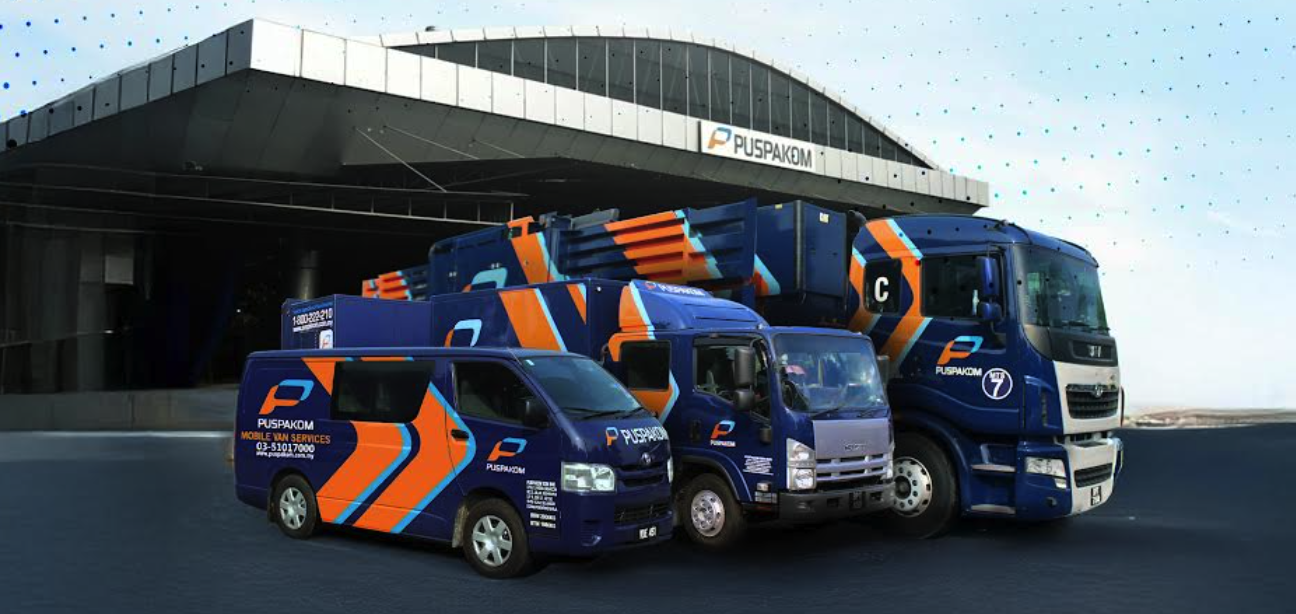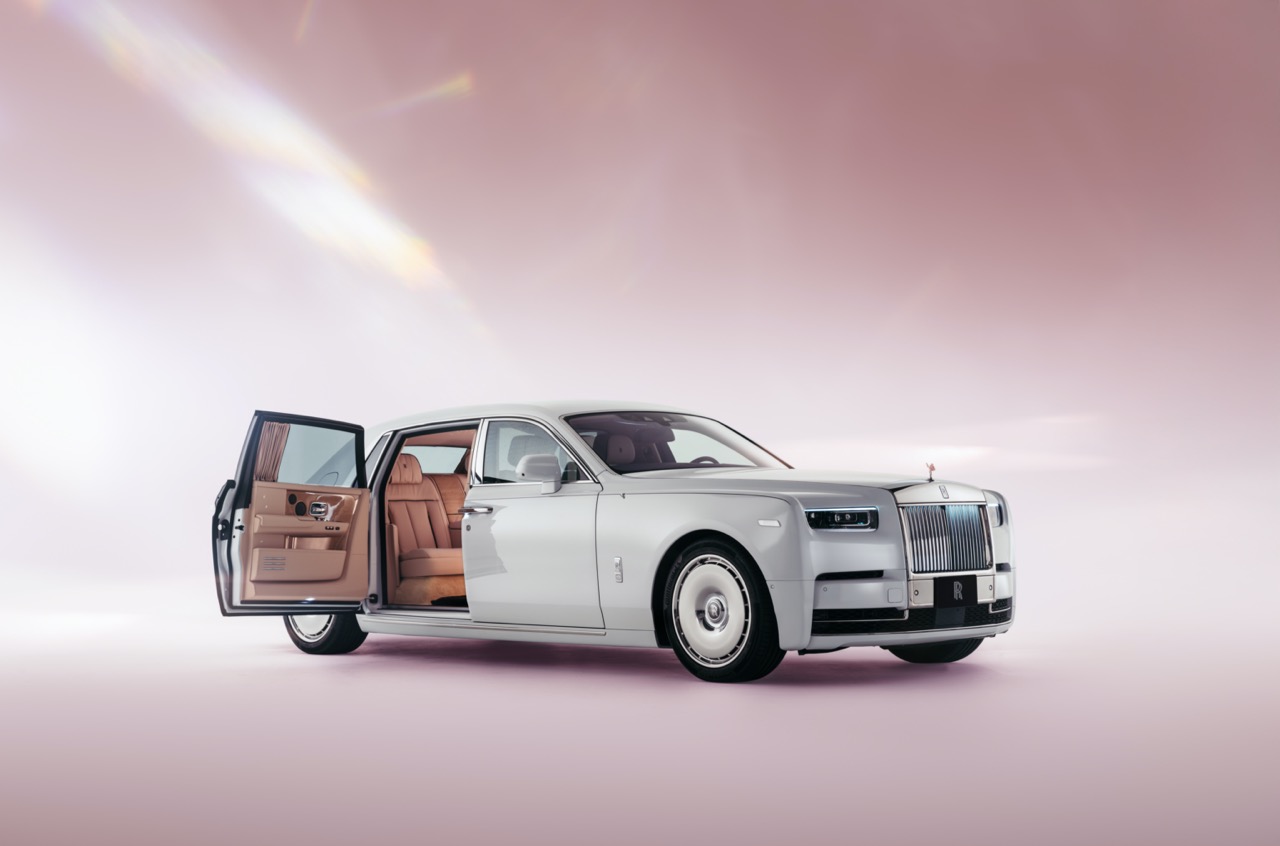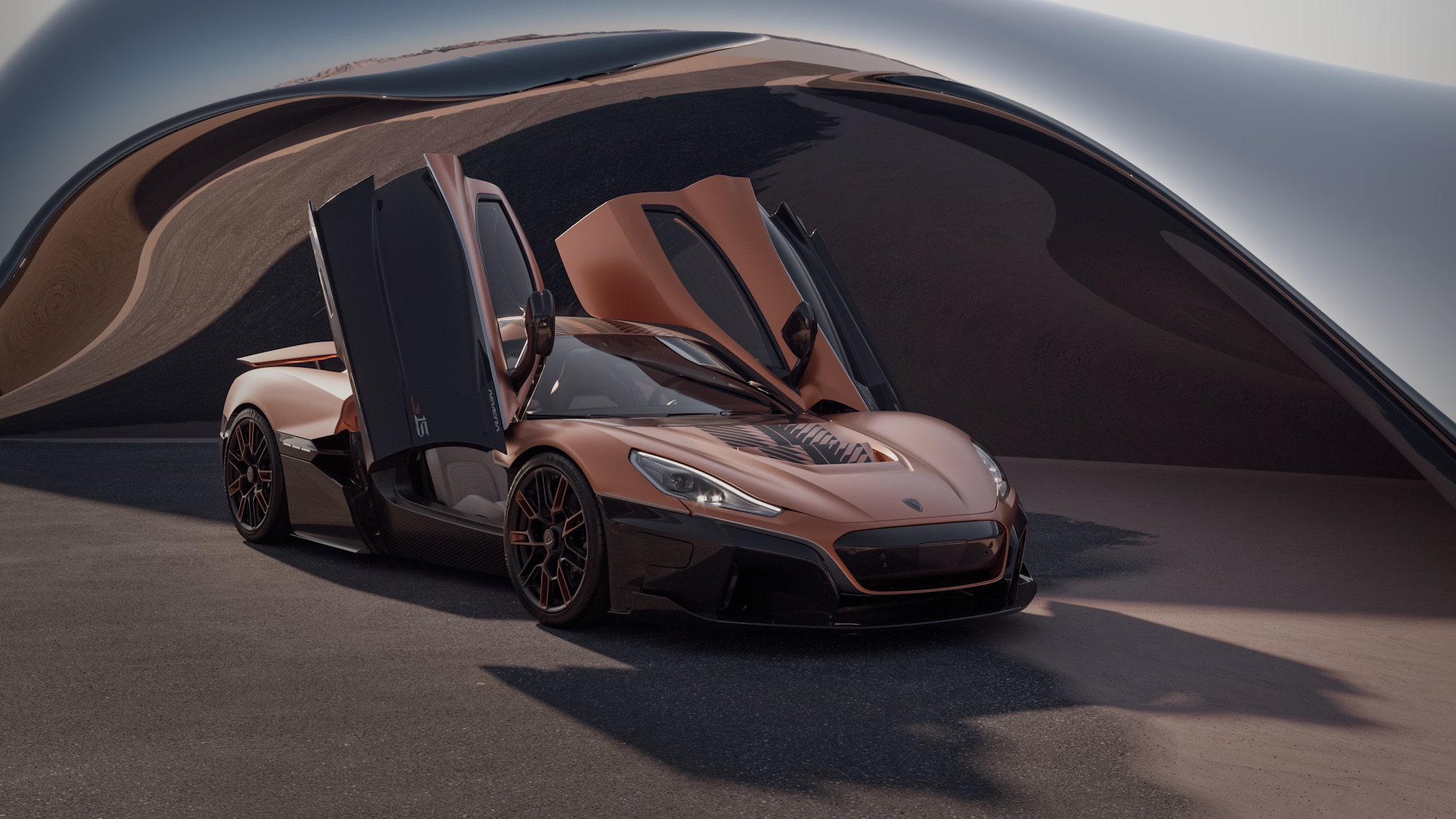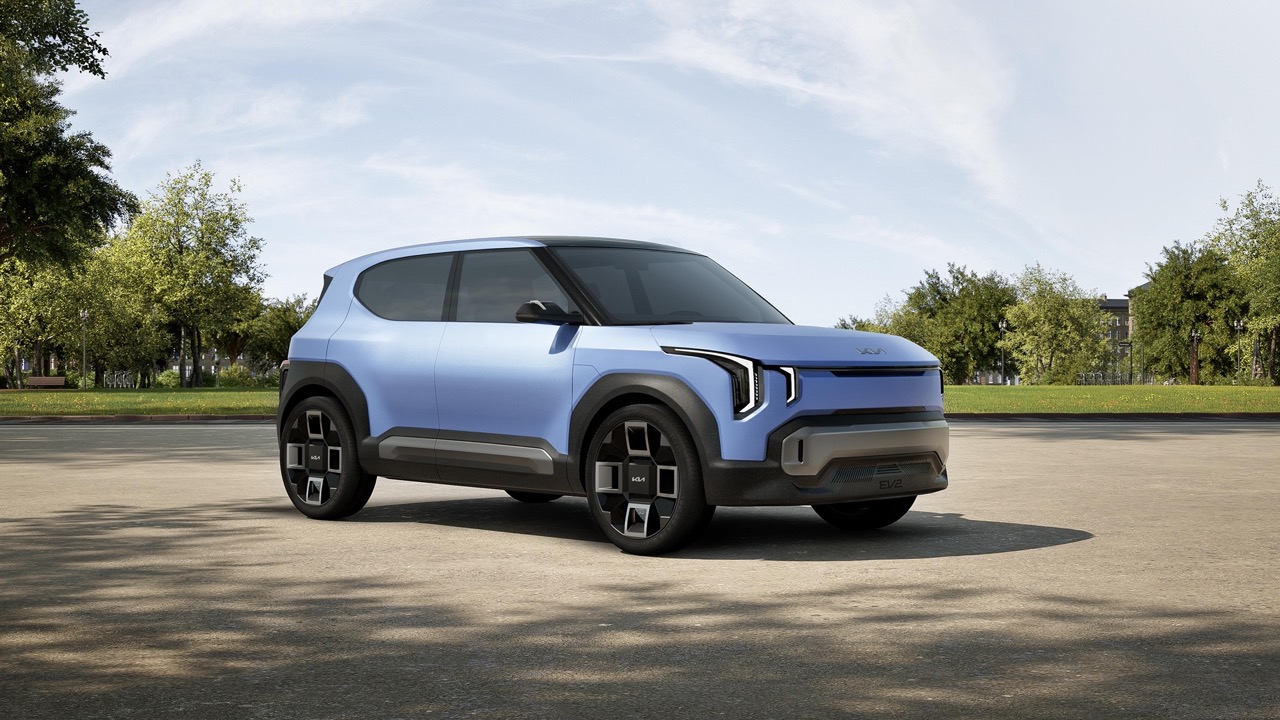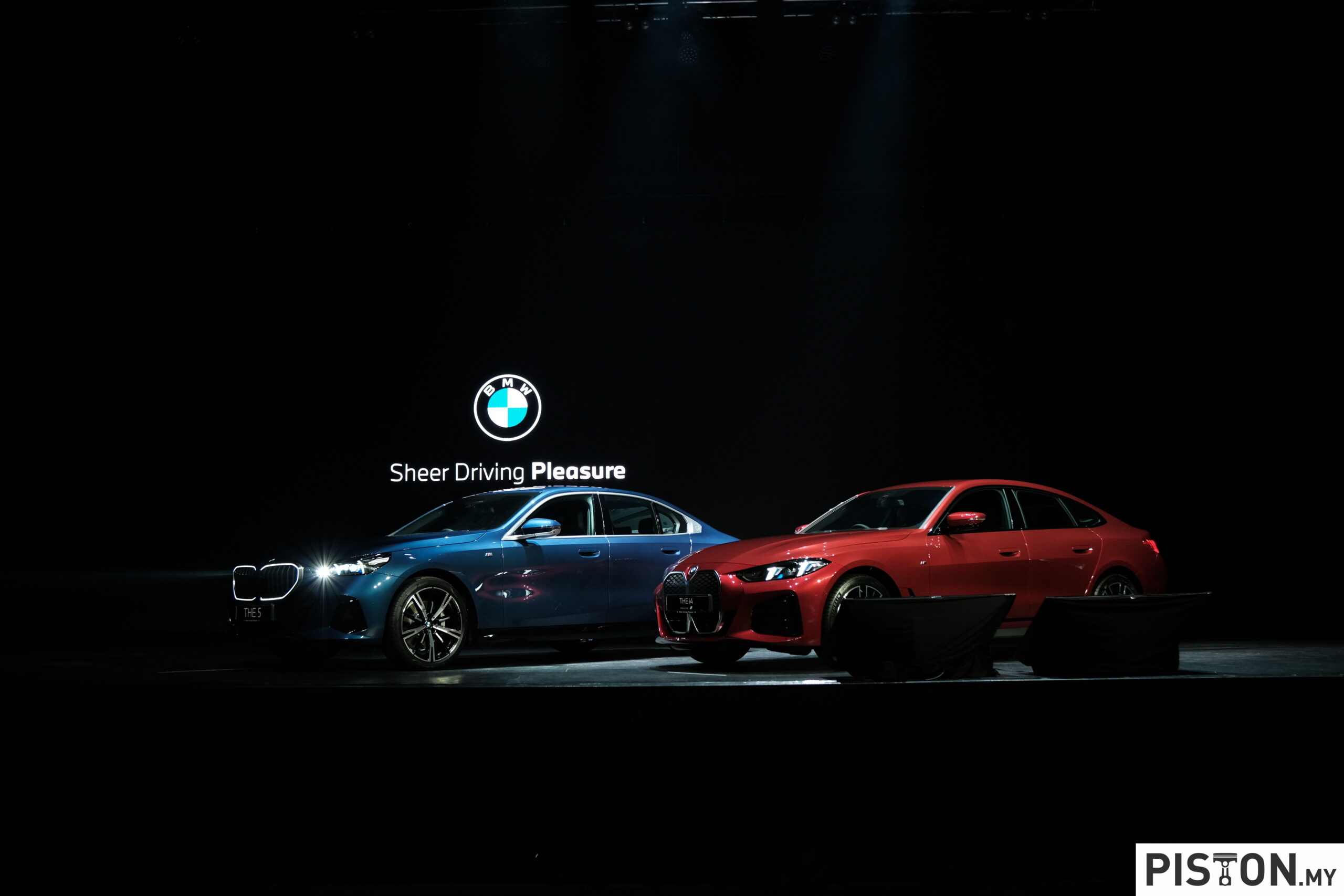The once ailing Swedish automaker is doing quite well in 2017 by announcing impressive sales figures compared to the same period last year. This September alone, Volvo managed to sell 53,674 cars, which is a 11.2% increase compared to the same month last year.
Until the end of September, the company has managed to sell 413,472 vehicles this year alone,which is a steady 9% climb compared to last year’s figures. Volvo has partly attributed this rise in demand to customers interest in its new 90 series vehicles and its newly launched XC60 SUV.
Speaking for the UK market, Jon Wakefield, Managing Director of Volvo Car UK, said, “These impressive figures show that we are well on track for another record year of sales for Volvo. They are a result of the desirability of our cars, and of all the hard work from everyone at Volvo Car and the dealer network.”
Volvo’s largest market, China, recorded an exceptionally good 29.8% sales growth this September compared to the same month last year with 11,544 cars sold. In Asia pacific, sales were up 23.7% in September compared to the same period in 2017, which is said to to be the strongest growth for the brand.
The Swedish automaker says that the Chinese assembled XC60, S60L and S90 models contributed quite a bit to the surge in demand in that particular market. This is understandable considering that its latest crop of vehicles are equipped with the company’s latest tech and incredibly beautiful design language.
In the US, Volvo reported that it achieved a 40.7% increase year-on-year sales for the month of September due to strong demand for the XC90, S90 sedan and XC60. For other regions in the Americas as a whole, demand grew by 36.3% for the month of September.
Since Geely’s acquisition of Volvo, the Swedish marque has been able to turn things around. Thanks to an influx of cash from the Chinese automotive giant, it has managed to throw more capital investment into new technology and vehicles that are able to rival offerings from the likes of BMW, Mercedes-Benz and Audi.
That said, Volvo aren’t done yet, because it has plans of electriying its upcoming models while gradually phasing out its fully fossil fuel-dependent ones by 2019.




